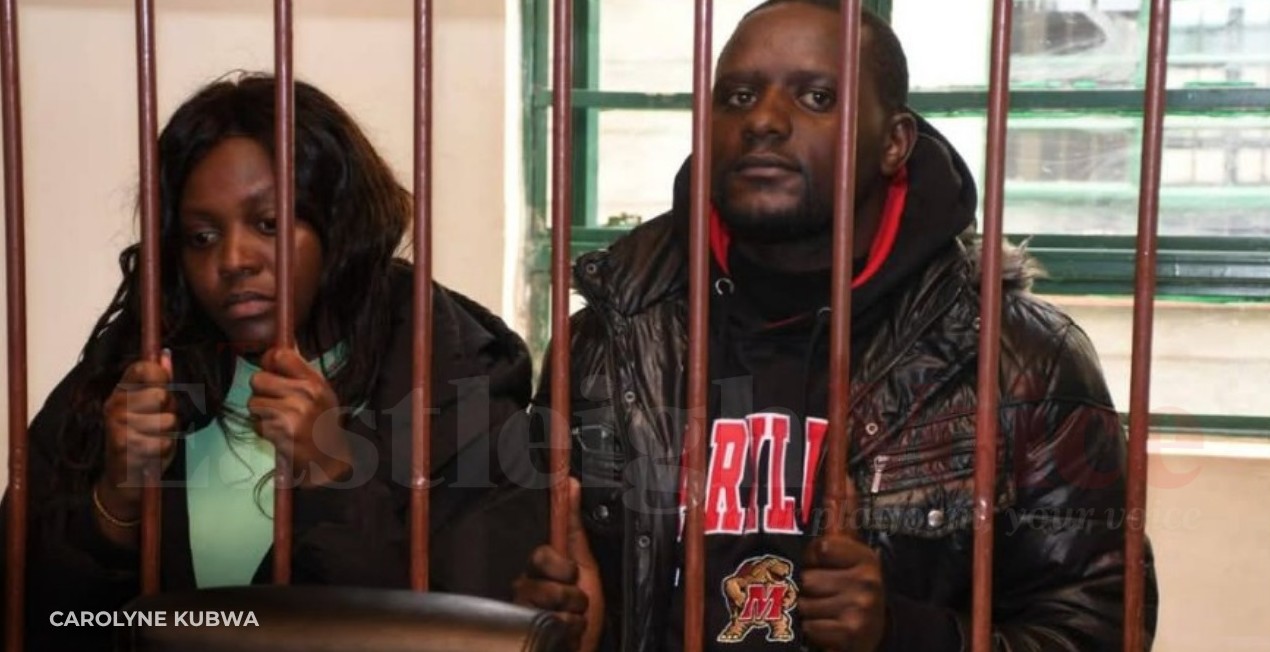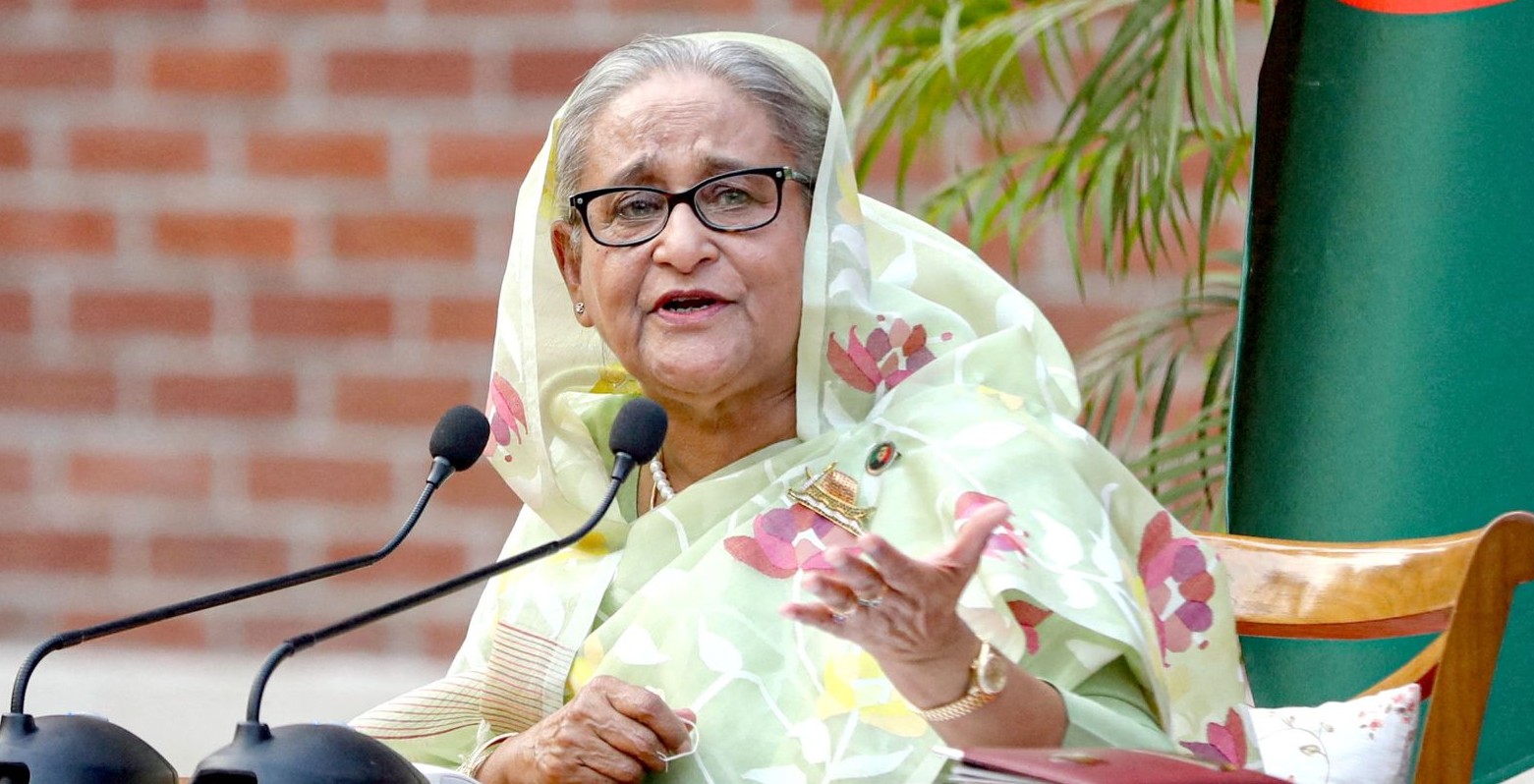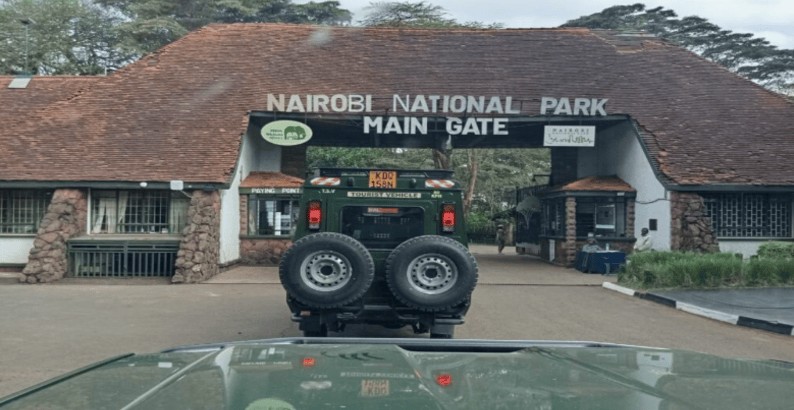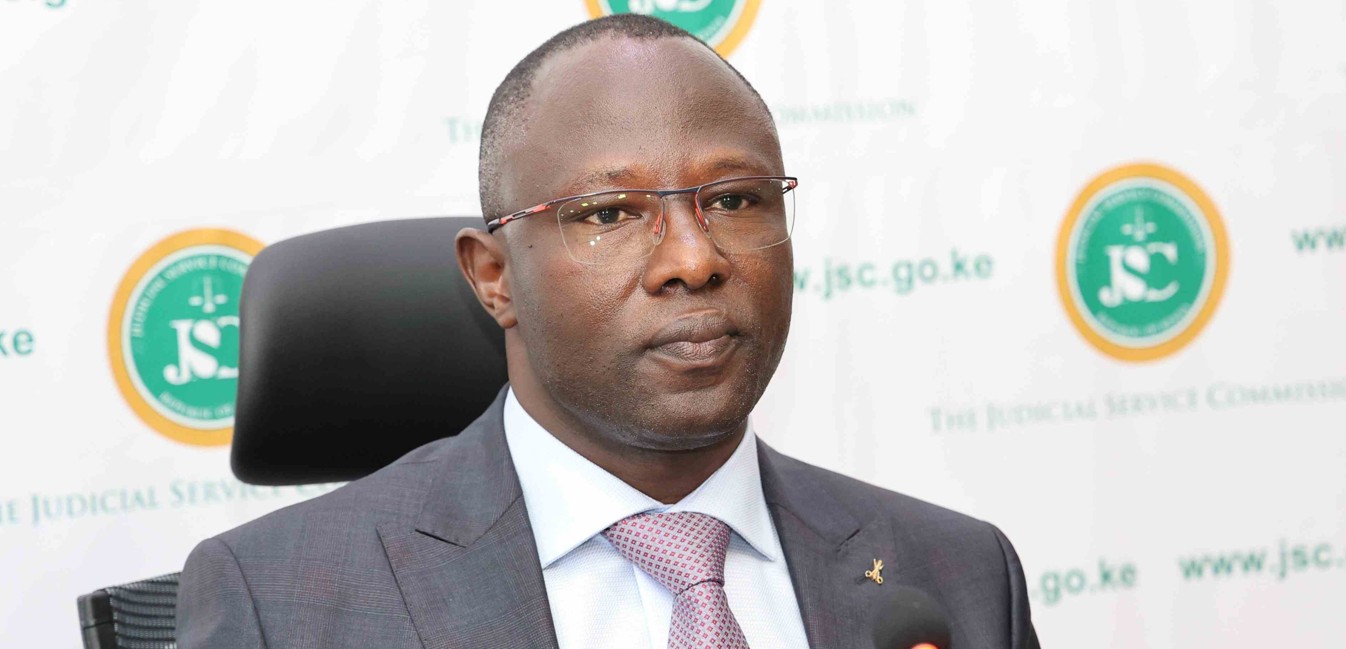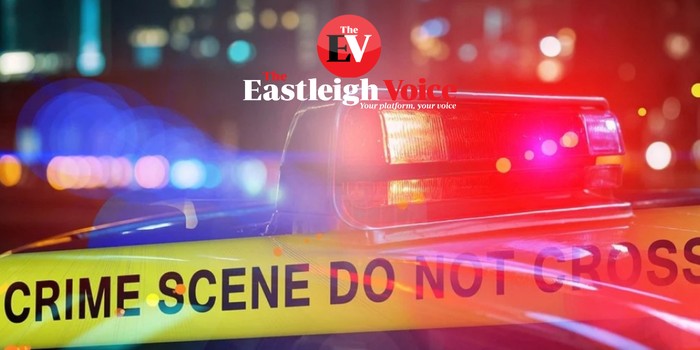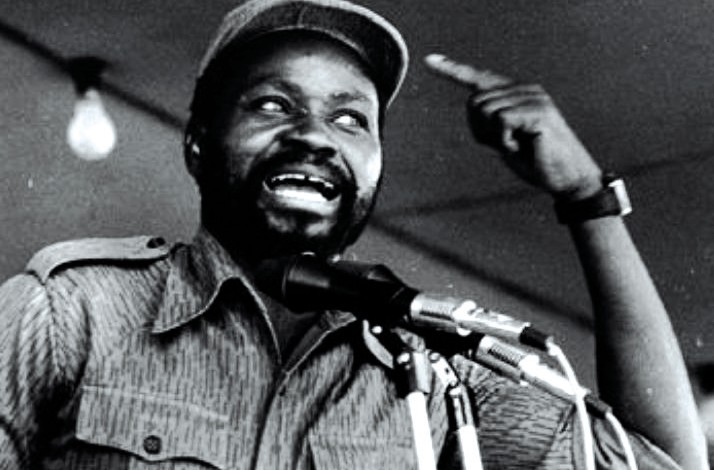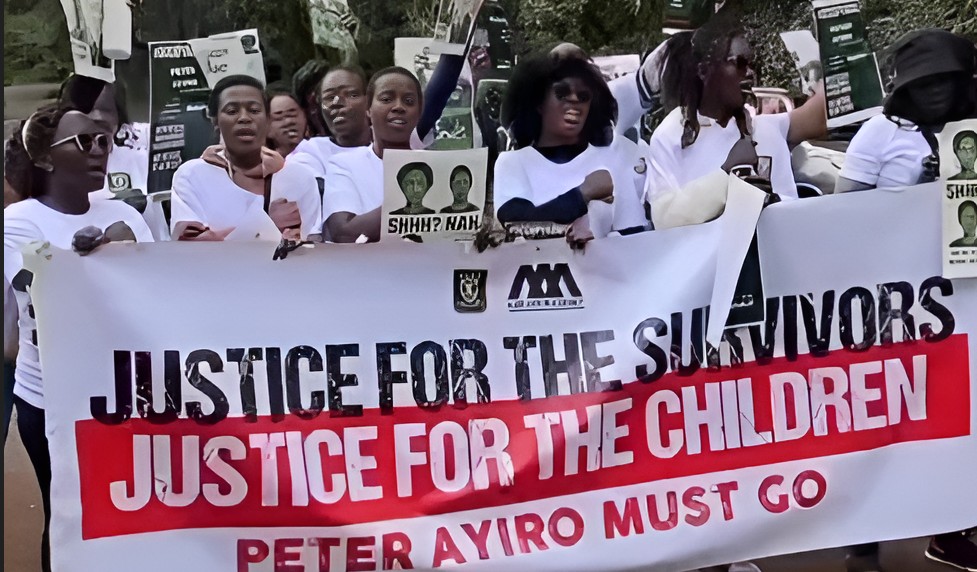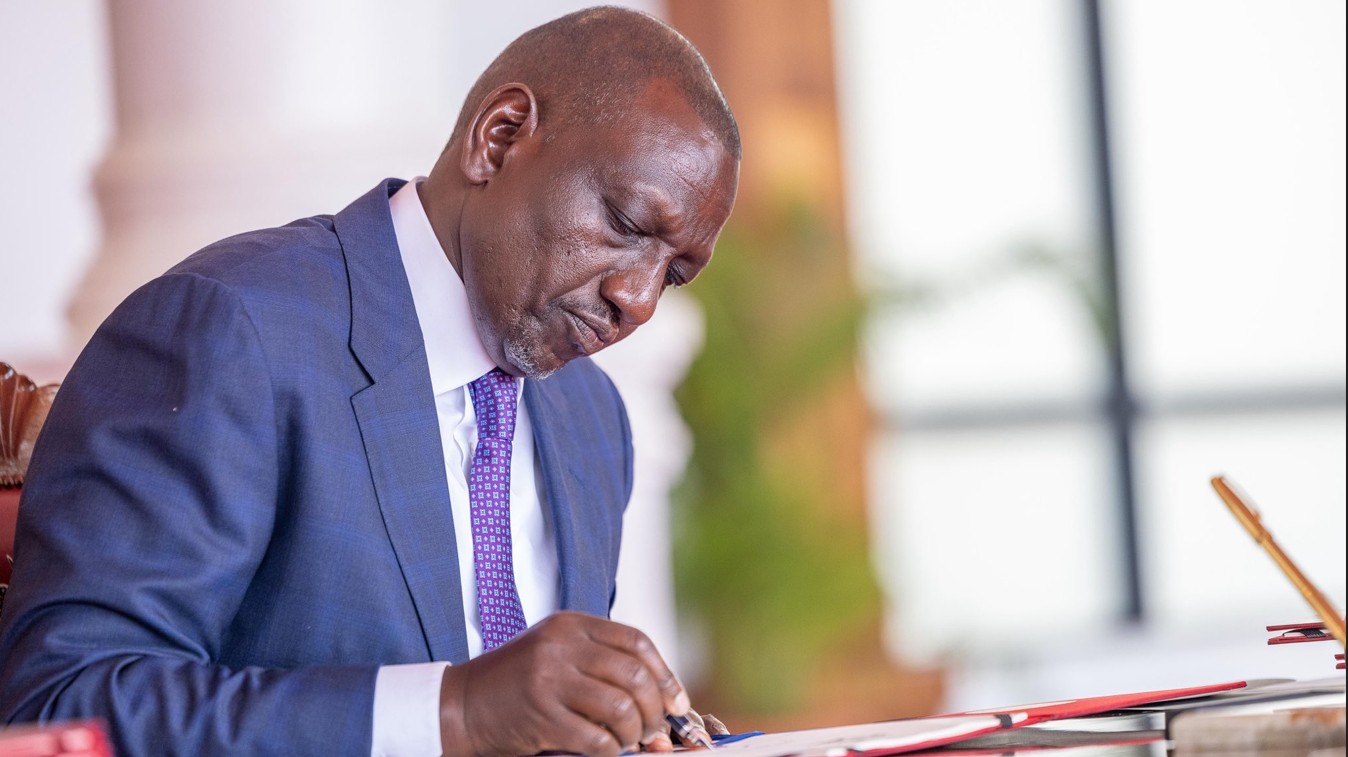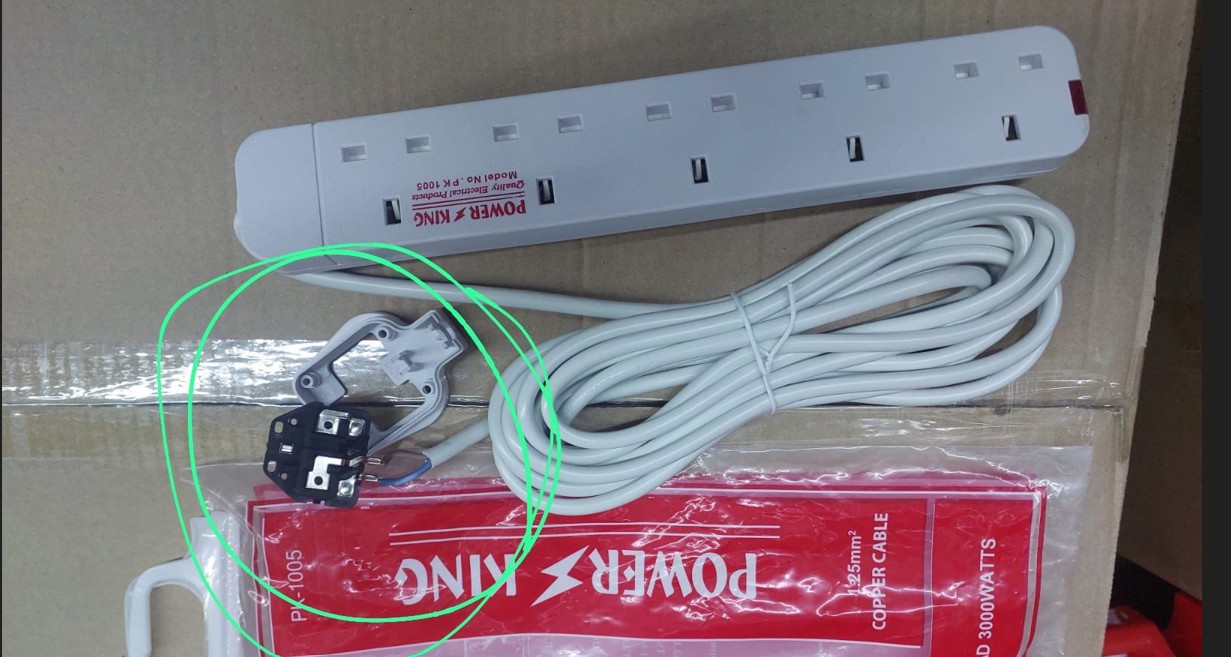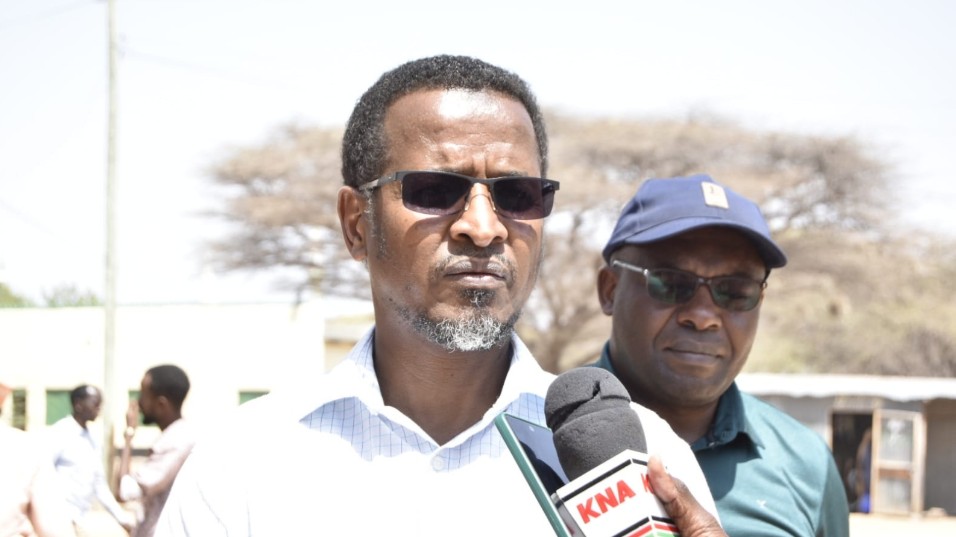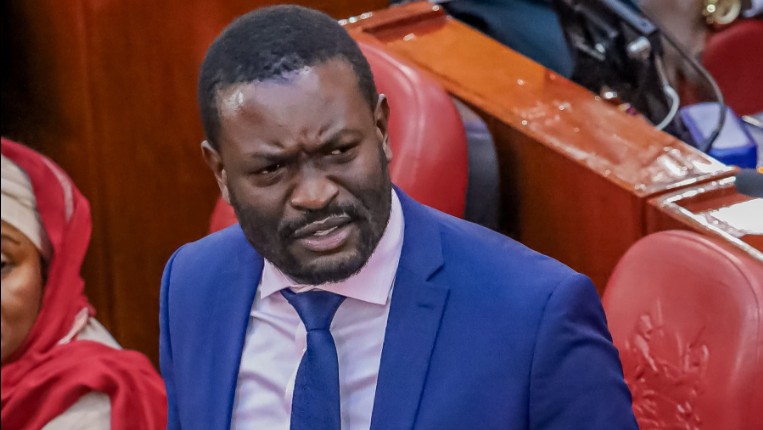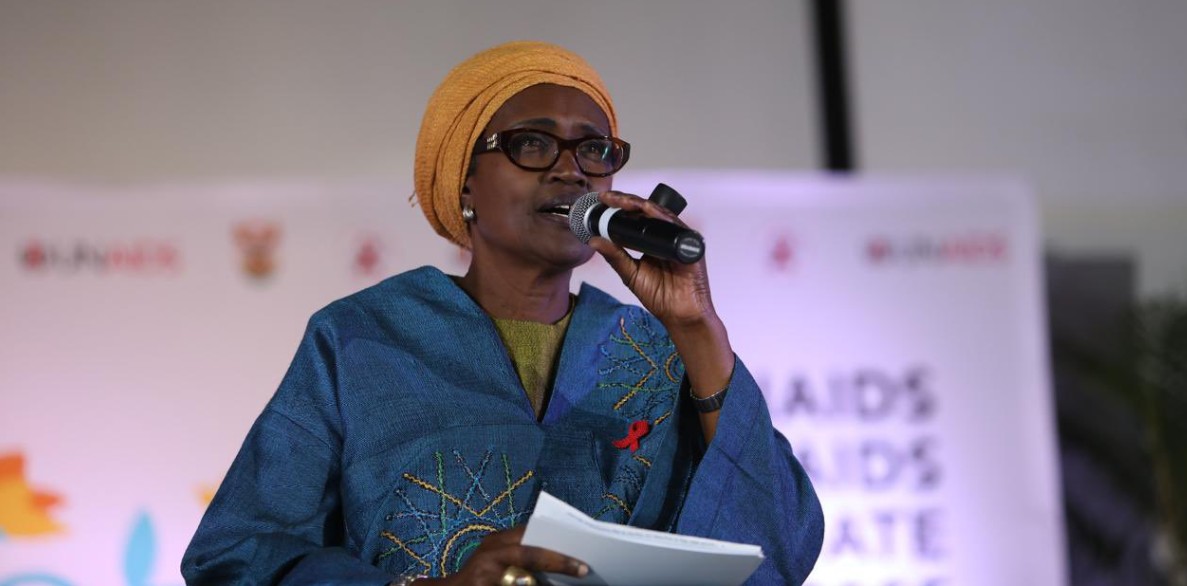Teen protester Elijah Mwongeli laid to rest as Kenyans demand justice over police killings
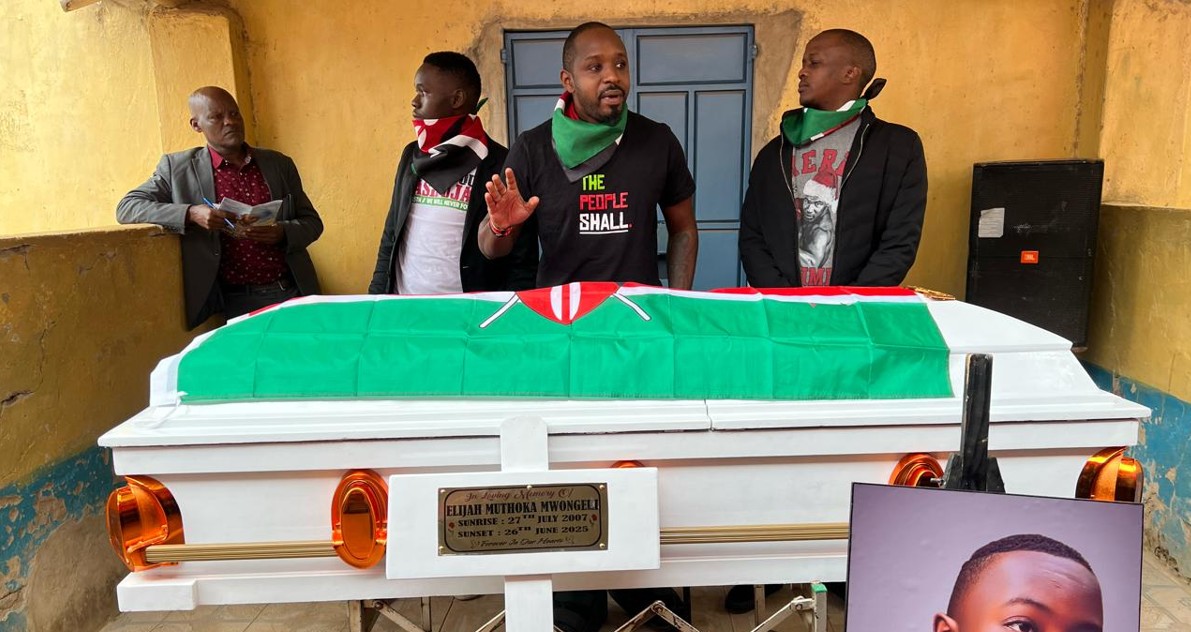
Among those who joined the family in paying their final respects was activist Boniface Mwangi, whose presence highlighted the growing public outrage over the deadly force used against protesters.
It was a sombre and heartbreaking day on Wednesday as friends, schoolmates, relatives, and mourners gathered to lay to rest 17-year-old Elijah Muthoka Mwongeli, whose life was tragically cut short during recent anti-government protests.
The funeral was filled with grief, lingering questions, and renewed calls for justice.
More To Read
- Two Gachagua allies, 34 others charged over attacks on government offices in Kikuyu, Matuu
- Manyatta MP Mukunji, journalist, boda boda rider granted bail in Saba Saba terror probe case
- Autopsy confirms police bullet killed 12-year-old Bridgit Njoki during Saba Saba protests in Kiambu
- Belgut MP Nelson Koech urges police to 'shoot to kill' violent protesters
- NYS denies allegations its buses transported goons during Naivasha protests
- Judiciary sets record straight on police barricades during protests
Among those who joined the family in paying their final respects was activist Boniface Mwangi, whose presence highlighted the growing public outrage over the deadly force used against protesters.
Muthoka, a Form Three student at Naaro High School in Murang’a County, died on June 26, 2025, at Kenyatta National Hospital after sustaining severe injuries during nationwide demonstrations the day before.
He was on his way home when he was caught in the chaos and fatally wounded.
His mother, Magdalene Mwongeli, and sister, Clare Ngina, remain devastated, struggling to come to terms with the loss of a son and brother they described as humble, gentle, and full of promise.
“You were my light, my joy, and my strength,” his mother said in her tribute.
“You were not just my son, you were my friend, my confidant, my protector. I miss your hugs, your voice, your smile, the way you would say ‘Mom’ in that special way that only you could.”
More than a sibling
Muthoka’s sister, Ngine, remembered him as more than a sibling.
“Elijah was my best friend, my little shadow… I still can’t believe he’s gone. I miss his voice, his jokes, his warm presence.”
Born on July 27, 2007, at Kahawa Hospital in Nairobi, Elijah Muthoka was the second child in his family.
He began his education at Judimma Academy before transferring to Roysambu Primary School, where he completed his KCPE in 2020.
In 2021, he joined Naaro High School in Murang’a County, where he quickly became known for his discipline, kindness, and quiet strength.
At home in Zimmerman, Muthoka lived with his mother and sister. He was a reliable presence in their lives, helping around the house, offering support, and always putting family first.
He had a deep love for music and football and was described by those who knew him as respectful, dependable, and mature beyond his years. He carried himself with humility, earning the admiration of both peers and teachers.
Deadliest period
Muthoka’s death is one of dozens reported in recent weeks, a period now being called the deadliest so far this year in Kenya.
The country has seen a disturbing rise in protest-related fatalities, with fears that the death toll could exceed 60, as many severely injured demonstrators remain hospitalised.
The current wave of unrest began with the death of blogger and schoolteacher Albert Ojwang, who died in police custody at Central Police Station. His death triggered nationwide protests demanding the resignation of Deputy Inspector General of Police Eliud Lagat.
On June 17, the Kenya National Commission on Human Rights (KNCHR) documented 22 casualties in a single day, including Boniface Kariuki, who later succumbed to his injuries at Kenyatta National Hospital.
Just eight days later, on June 25, during a commemoration for Gen Z victims killed in last year’s anti-Finance Bill protests, another 19 people were killed. This brought the official June death toll to 21, including Ojwang.
Alongside the fatalities, KNCHR also reported 531 injuries, 15 enforced disappearances, 179 arrests, two cases of individual rape, two of gang rape, and one attempted gang rape during the demonstrations.
Muthoka’s story has struck a deep chord with many Kenyans, becoming a powerful symbol of the price young people are paying in their pursuit of justice and accountability.
Though his dreams were tragically cut short, his memory endures—not only in the hearts of his loved ones but in the growing national reckoning with state violence and the fundamental right to protest.
Top Stories Today



